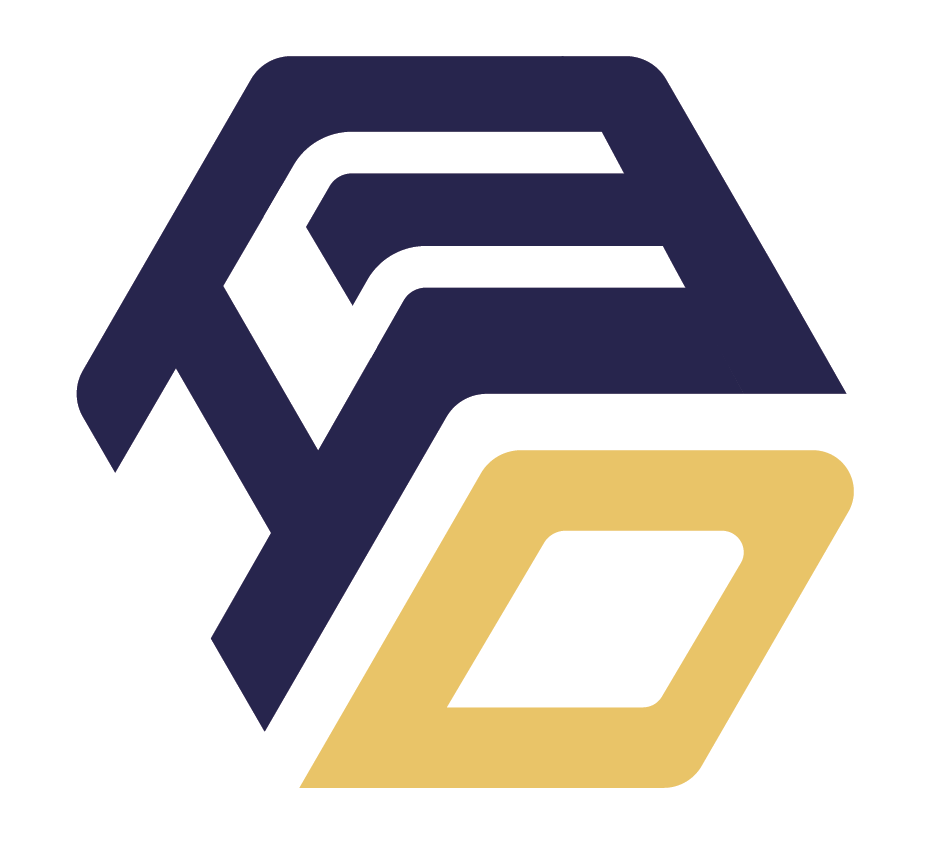
The 3DI group would like to congratulate several of its members for their contributions to IEEE VR.
Group member Christos Lougiakis presented his work “Comparing Physics-based Hand Interaction in Virtual Reality: Custom Soft Body Simulation vs. Off-the-Shelf Integrated Solution.” The abstract is provided below.
Abstract:
Physics-based hand interaction in VR has been explored extensively, but most solutions lack usability. CLAP stands out as a custom soft body simulation offering realistic hand interaction in VR. Despite CLAP’s advantages, it imposes constraints. Introducing HPTK+, a software utilizing NVIDIA PhysX, aiming for free hand interactions in virtual environments. A user study with 27 participants compared both libraries, showing a preference for CLAP. However, no significant differences in other measures or performance, except variance, were observed. These findings offer insights into library suitability for specific tasks. HPTK+’s exclusive support for diverse interactions positions it for further research in physics-based VR interactions.
“The Alchemist: A Gesture-Based 3D User Interface for Engaging Arithmetic Calculations”
Abstract:
This paper presents our solution to the IEEE VR 2024 3DUI contest. We present The Alchemist, a VR experience tailored to aid children in practicing and mastering the four fundamental mathematical operators. In The Alchemist, players embark on a fantastical journey where they must prepare three potions to break a malevolent curse imprisoning the Gobbler kingdom. Our contributions include the development of a novel number input interface, Pinwheel, an extension of PizzaText, as well as four novel gestures, each corresponding to a distinct mathematical operator, designed to assist children in retaining practice with these operations. Preliminary tests indicate that Pinwheel and the four associated gestures facilitate the quick and efficient execution of mathematical operations.
In addition, group members Leo Pavanatto and Doug Bowman hosted the XRWORKS workshop. A description of the workshop is provided below.
The 1st Workshop on Extended Reality for Knowledge Work (xrWORKS) aims to bring together researchers interested in using extended reality technologies for supporting knowledge work. This workshop aims to create a space where both academic and industry researchers can discuss their experiences and visions to continue growing the impact of XR in the future of work. Through a combination of position papers, in-person demonstrations, and a brainstorming session, we aim to reach a more complete understanding of the space and debate future research agenda. “KnowledgeWork” follows the definition initially coined by Drucker (1966) where information workers apply theoretical and analytical knowledge to develop products and services. Much of the work might be detached from physical documents, artifacts, or specific work locations and is mediated through digital devices such as laptops. Workers include architects, engineers, scientists, design thinkers, public accountants, lawyers, and academics, whose job is to “think for a living”.
